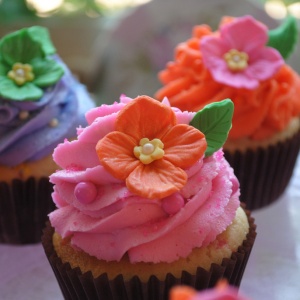
Taxes to increase the price of sweet snacks such as chocolate, confectionary, cakes and biscuits could have greater health benefits than similar increases in the prices of sugar-sweetened beverages (SSBs), according to a recent paper.
Taxing sweet snacks could have direct benefits by reducing the quantities bought and consumed - particularly important since sweet snacks accounted for over twice the amount of dietary sugar than SSBs in the UK households studied. There could also be indirect benefits, as taxing sweet snacks appears to reduce demand for other sweet snack categories and SSBs.
Abstract
Objectives
Taxing sugar-sweetened beverages (SSBs) is now advocated, and implemented, in many countries as a measure to reduce the purchase and consumption of sugar to tackle obesity. To date, there has been little consideration of the potential impact that such a measure could have if extended to other sweet foods, such as confectionery, cakes and biscuits that contribute more sugar to the diet than SSBs. The objective of this study is to compare changes in the demand for sweet snacks and SSBs arising from potential price increases.
Setting
Secondary data on household itemised purchases of all foods and beverages from 2012 to 2013.
Participants
Representative sample of 32,249 households in Great Britain.
Primary and secondary outcome measures
Change in food and beverage purchases due to changes in their own price and the price of other foods or beverages measured as price elasticity of demand for the full sample and by income groups.
Results
Chocolate and confectionery, cakes and biscuits have similar price sensitivity as SSBs, across all income groups. Unlike the case of SSBs, price increases in these categories are also likely to prompt reductions in the purchase of other sweet snacks and SSBs, which magnify the overall impact. The effects of price increases are greatest in the low-income group.
Conclusions
Policies that lead to increases in the price of chocolate and confectionery, cakes and biscuits may lead to additional and greater health gains than similar increases in the price of SSBs through direct reductions in the purchases of these foods and possible positive multiplier effects that reduce demand for other products. Although some uncertainty remains, the associations found in this analysis are sufficiently robust to suggest that policies—and research—concerning the use of fiscal measures should consider a broader range of products than is currently the case.
Reference
Smith, R.D., Cornelsen, L., Quirmbach, D., Jebb, S.A. and Marteau, T.M., 2018. Are sweet snacks more sensitive to price increases than sugar-sweetened beverages: analysis of British food purchase data. BMJ open, 8(4), p.e019788.
Read the full paper here. See also the Foodsource chapter What can be done to shift eating patterns in healthier, more sustainable directions?







Post a new comment »